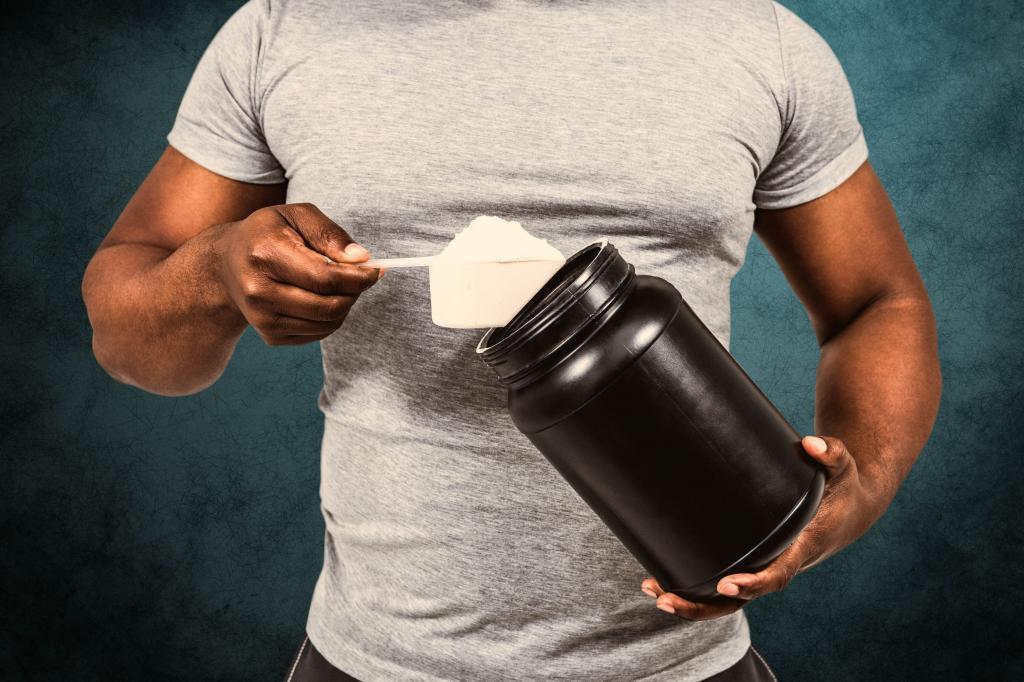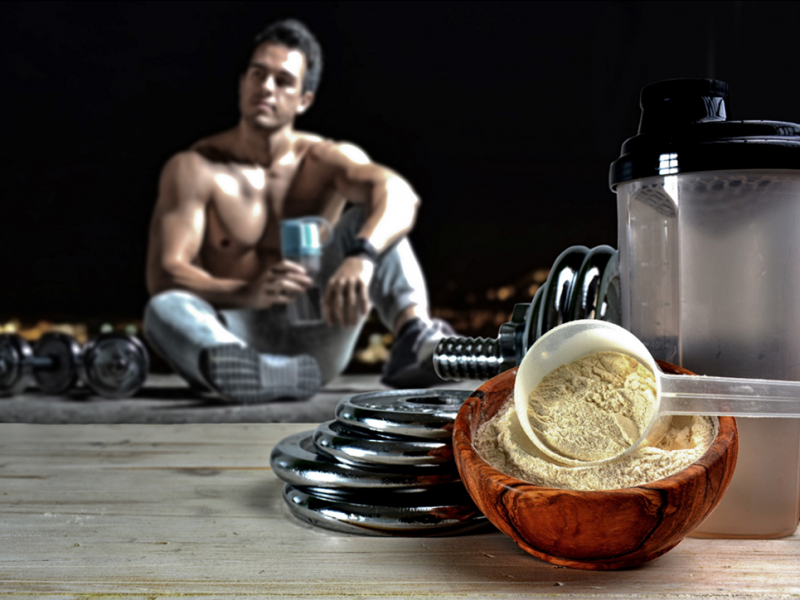A nutrition plan for muscle growth as an example.
For example, let’s say you are a young person who is 20 years old and you are a student, then you can just put your data. You are new to strength training and want to build muscle. Your height is 182 cm and your weight is 70 kg. You work as a waiter or salesperson and plan to work out 3-4 times a week because you have a lean physique (average ectomorph).
We will use these parameters as a practical example to determine your calorie and macronutrient needs. Now we’ll break down how to plan your diet and how much protein, fat and carbohydrates you need to consume to gain quality muscle mass.
SSRE ≈ 2,750 calories
Caloric intake for enhanced muscle growth: 2750 + 500 = 3250 calories.

Protein:
- Start at 2.15 grams per 1 kg of body weight;
- 1 gram of protein contains 4 calories;
- 70 kg (body weight) * 8.6 = 600 kcal.
Fat:
- Start with 1 gram per 1 kg body weight;
- 1 gram of fat contains 9 calories;
- 70 * 9 = 630 calories.
Carbohydrates:
- Take the remaining calories with carbs;
- 1 gram of carbs contains 4 calories;
- 3250 – 1230 (600+630) = 2020 calories, divide by 4 = 505 calories.
Water
It is necessary to consume a sufficiently large amount of water per day, about 2-2.5 liters. The fact is that we are used to drink water when we want to. But in fact, when the body tells us that it wants water, it starts dehydration processes. That is, it’s too late, and we should have had a glass of water earlier. When the body becomes dehydrated, the water leaves the cells and thus triggers catabolism (a mechanism for the destruction of muscle tissue).
Water is an integral part of all cells of tissues and organs of our body and all processes occurring in it. It is important for many functions of our body, your body as well as your muscles are 70% water, and without it you cannot grow. For example, if you weigh 70 kg, you should drink 2 x 1 liter of water per day. The bigger a person is, the higher his metabolic load, the more water he needs.
Pay special attention to the process of hydration, there should always be enough fluids in the body. So, you need to consume about 150g of protein, 70g of fat and 505g of carbohydrates per day.
I know this may seem like a gigantic amount, but for some guys (and girls) that’s how much you need to build muscle.
If you can’t consume carbs in that amount or can’t tolerate them well (as I mentioned above), you can easily substitute them for fats, as they are also high in calories, but have less volume.
It should be noted that all of the above recommendations are for young, healthy and active people. The amounts of some macronutrients need to be adjusted according to your body parameters, metabolic rate and protein synthesis, especially for older athletes or those whose bodies do not respond well to this nutrition strategy.
Daily requirement: 3230 calories – 490 g carbohydrates/70 g fat/160 g protein
Daily intake goal: 3250 calories – 505 g carbohydrates/70 g fat /150 g protein
These numbers don’t match up, but the differences don’t play a big role.
Attempts to increase body weight and their success are determined by consistency and consistency, not by the ability to consume an exact set amount of macronutrients.
Nevertheless, here are some simple recommendations for measuring servings:
- Palm = 1 serving of protein (140-170 g);
- Thumb length = 1 serving of fats;
- Handful = 1 serving of carbs;
- Fist = 1 serving of vegetables.
It should also be noted that most people will have to regularly recalculate macronutrient amounts (every 4-6 weeks) and add calories if their body weight does not increase. Your body is trying to maintain homeostasis despite the fact that you are trying to load it up with exercise, so you will have to stimulate the adaptation process by increasing your caloric intake.



